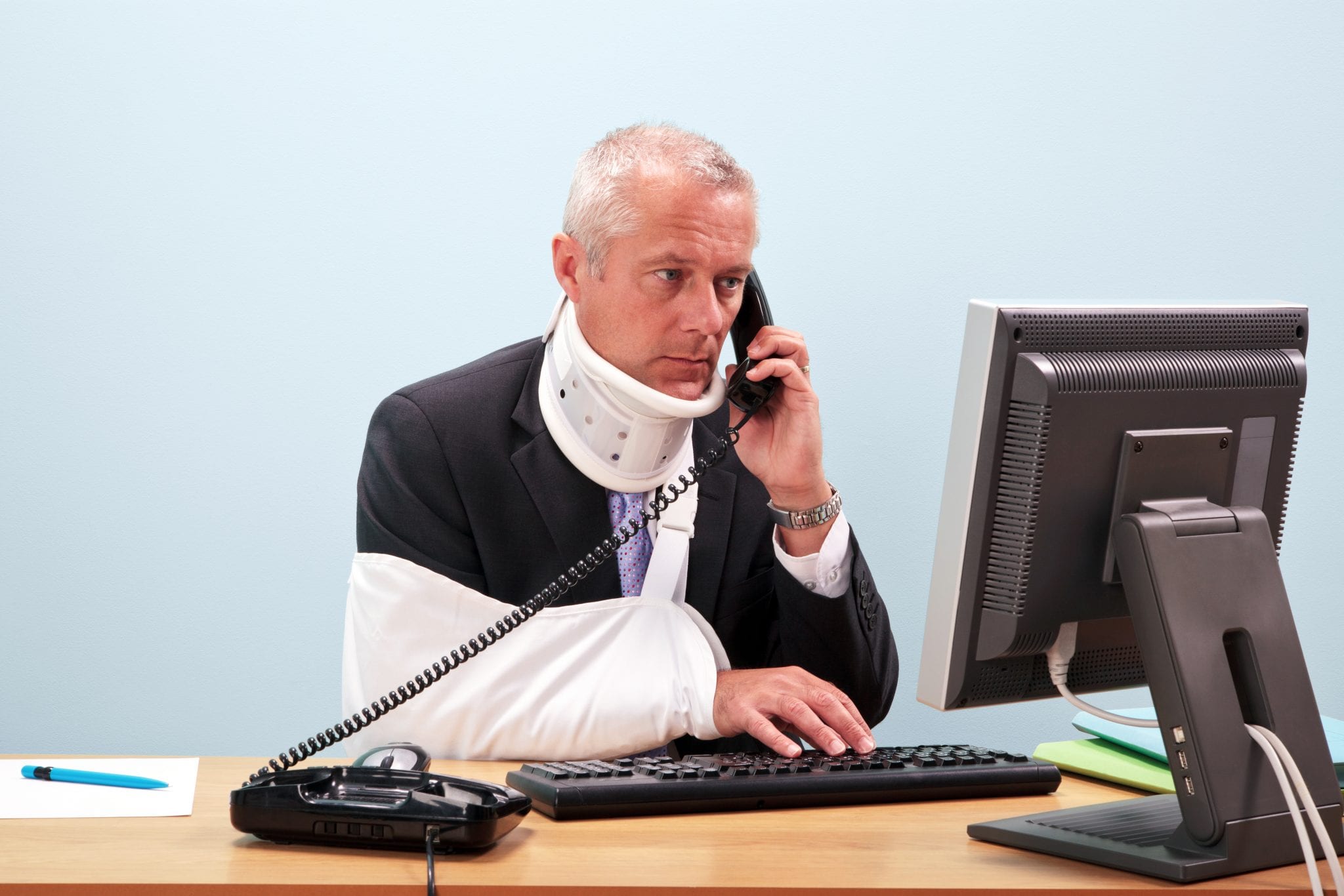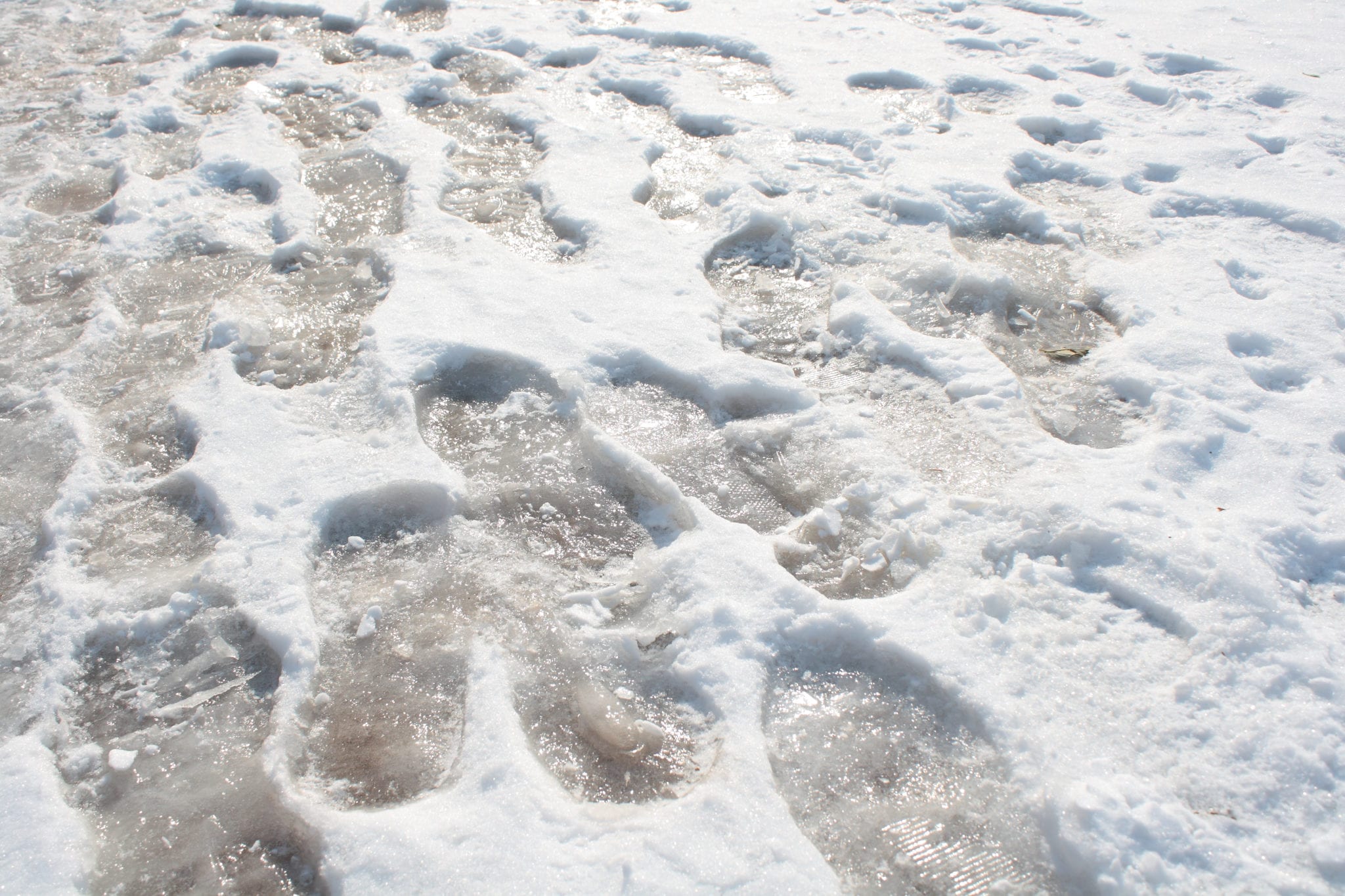How To Win A Slip and Fall Injury Claim
Slip and fall accidents are some of the most common accidents and they can take place in almost any setting, from the office to the hospital and local grocery store. Injuries from slip and fall accidents range from very minor bruises to broken bones, traumatic brain injuries, and even death. If you fall and hurt yourself on someone’s premises, you may have the right to be compensated for your injuries.
However, there are countless of unsuccessful slip and fall lawsuits every year because the plaintiff failed to provide the evidence necessary to win. If you’ve been in a slip and fall accident in Georgia, retain an attorney to help you show you have legitimate case by proving certain crucial elements.
A Breach of Duty
For any slip and fall accident, it must be proven that the defendant had a duty and that it was breached. In other words, this means the owner or occupier of the premises is responsible for maintaining the property and ensuring there are no conditions that could cause harm to anyone, within reasonable means. When owners and managers are not the same person for a property it must be established which party controlled the property at the time the injury happened. Without proving duty, a slip and fall lawsuit cannot succeed.
Liability And Negligence
Establishing duty is part of proving the defendant acted negligently. If negligence is established the defendant can be held liable for any damages related to the slip and fall. To prove the owner was negligent there must be evidence that they failed to take reasonable care so no one would be injured. An owner of a property could be considered negligent if, for example:
- They failed to routinely check for potential hazards on the property;
- A hazardous condition/obstacle existed long enough for the owner to reasonably take action to eliminate the hazard;
- They had no justification for the creation of a hazard;
- They failed to take preventative measures that could make the hazardous condition less dangerous.
Dangerous Conditions Caused The Injury
Although it may seem obvious to you if you were injured because of a hazardous condition, it is still necessary to prove the dangerous condition was foreseeable and the reason for the injury. Even if negligence existed, you cannot win a slip and fall case unless the fall was directly caused by the negligent action.
In addition, you must also prove that you weren’t doing something which you could have reasonably foreseen would lead to injury. For instance, you could not sue a zoo if you fell into an animal enclosure because you were standing on the wall surrounding the enclosure.
Damages
Once duty is established and negligent behavior is proven to have caused the injury, you must also prove damages resulted because of the injury. In other words there must be something, whether it’s medical expenses or property repair, that can be paid for with monetary compensation.
Ready To Win Your Slip And Fall Case?
If you’ve been injured in a slip and fall accident in Cobb County, Georgia, contact Williams Elleby Howard & Easter. Our legal team will answer any questions you have about filing a slip and fall lawsuit and ensure you have a viable case that can win.


